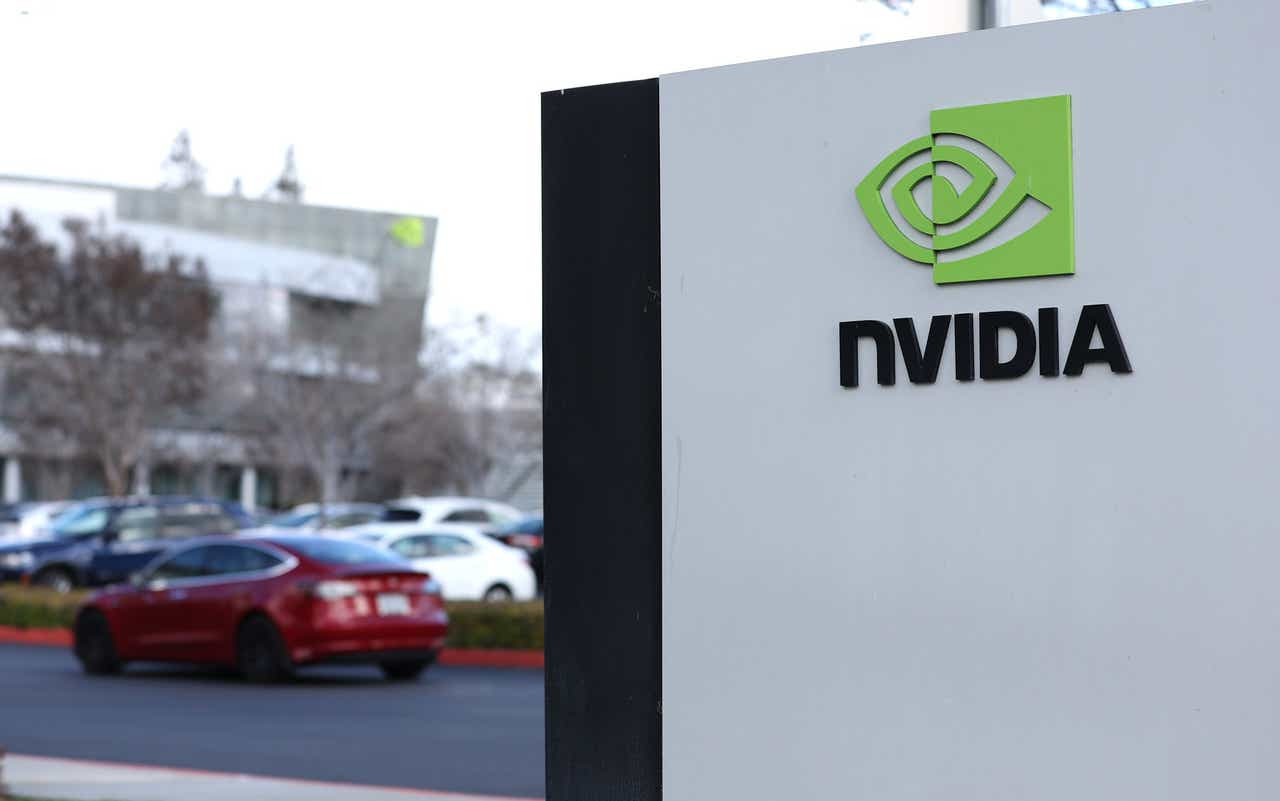Automotive Electronics Market: A Technological Revolution in Motion
The automotive industry is experiencing a paradigm shift, driven by technological advancements that are transforming how vehicles are designed, manufactured, and driven. At the heart of this revolution lies the automotive electronics market, a sector poised for significant growth in the coming years.
According to a comprehensive report by Acumen Research and Consulting, The global automotive electronics market revenue is projected to surge to USD 525.9 billion by 2032, reflecting a compound annual growth rate (CAGR) of 8.1% from 2024 to 2032. This remarkable growth trajectory is fueled by the increasing integration of advanced electronic systems into vehicles, responding to rising consumer demand for enhanced safety, comfort, and entertainment features.
Driving Forces Behind the Automotive Electronics Market Boom
The automotive electronics market is propelled by a confluence of factors that are reshaping the industry. These key growth drivers include:
The Rise of Connected Cars
The increasing adoption of connected cars, equipped with features like navigation, infotainment systems, and telematics, is a significant contributor to the growth of the automotive electronics market. Consumers are increasingly seeking connectivity and information access while driving, boosting demand for advanced electronic systems. The integration of these features requires sophisticated electronics, driving the market forward.
The Electrification of Vehicles
The transition to electric vehicles (EVs) is creating a surge in demand for automotive electronics. EVs require complex electronic systems to manage battery performance, electric motors, and power distribution. The shift toward EVs is expected to have a substantial impact on the automotive electronics market, as the demand for specialized components grows significantly.
Advanced Driver-Assistance Systems (ADAS)
The growing adoption of Advanced Driver-Assistance Systems (ADAS), which include features like adaptive cruise control, lane departure warning, and automatic emergency braking, is driving the demand for advanced automotive electronics. These systems rely on sensors, cameras, and sophisticated processing units, creating opportunities for growth in the automotive electronics market. The increasing consumer awareness of the safety benefits of ADAS is driving its adoption, further boosting the demand for these systems.
Autonomous Vehicle Development
The development of autonomous vehicles (AVs) is a major catalyst for the growth of the automotive electronics market. AVs require an intricate network of sensors, processors, and software to navigate and make decisions autonomously. This technological leap forward is driving the demand for advanced electronic components, creating significant opportunities for innovation and growth in the automotive electronics market.
Market Segmentation: A Diverse Landscape
The automotive electronics market is highly segmented, encompassing various components and applications. Key segments include:
By Component Type:
- Sensors: These include radar, lidar, cameras, and ultrasonic sensors, which are critical for ADAS and autonomous driving. The demand for high-performance sensors is expected to increase as the automotive industry moves towards more advanced technologies.
- Microcontrollers: These are essential for controlling various functions within a vehicle, including engine management, transmission systems, and body electronics. The increasing complexity of vehicles is driving demand for advanced microcontrollers with greater processing power and memory capacity.
- Semiconductors: These include chips, transistors, and diodes, which are fundamental components for electronic systems. The growth of automotive electronics is expected to lead to a surge in demand for automotive-grade semiconductors, particularly for applications in ADAS, infotainment systems, and powertrain control.
- Displays: These include instrument panels, infotainment screens, and head-up displays, providing drivers with essential information and entertainment. The trend towards larger and higher-resolution displays in vehicles is driving growth in this segment of the market.
- Connectivity Modules: These enable communication between the vehicle and external networks, facilitating features such as navigation, telematics, and remote vehicle control. The demand for connectivity modules is expected to rise as more vehicles become connected.
By Application:
- Engine Management Systems: These control the engine's performance and fuel efficiency, minimizing emissions and enhancing vehicle performance. The increasing focus on fuel economy and emissions regulations is driving growth in this segment.
- Infotainment Systems: These provide drivers and passengers with entertainment, communication, and navigation features. The increasing demand for advanced infotainment systems, including touchscreens, voice control, and connectivity features, is fueling growth in this segment.
- Safety Systems: These enhance vehicle safety by providing advanced warning systems, collision avoidance, and driver assistance features. The growing awareness of safety features is driving growth in this segment, as consumers prioritize safety when choosing a vehicle.
- Advanced Driver-Assistance Systems (ADAS): These systems assist drivers with tasks such as lane keeping, adaptive cruise control, and parking assistance. The increasing adoption of ADAS is a major driver of growth in the automotive electronics market, as these systems become increasingly sophisticated and integrated.
- Body Electronics: These control various functions related to the vehicle's body, including lighting, climate control, and door locks. The growing demand for comfort and convenience features is driving growth in this segment.
Key Players in the Automotive Electronics Market
The automotive electronics market is highly competitive, with a number of key players vying for market share. These companies are investing heavily in research and development, partnerships, and strategic acquisitions to enhance their product portfolios and expand their reach. Some of the leading companies in the automotive electronics market include:
- STMicroelectronics NV
- Hitachi Ltd.
- Mitsubishi Electric Corporation
- Robert Bosch GmbH
- Continental AG
- Delphi Technologies
- Denso Corporation
- Infineon Technologies AG
- Texas Instruments Inc.
- Panasonic Corporation
- Valeo SA
- Aptiv PLC
- NXP Semiconductors NV
These companies are actively developing innovative technologies, expanding their product offerings, and collaborating with other companies to meet the growing demand for advanced automotive electronics. They are also investing in emerging technologies such as artificial intelligence, machine learning, and the Internet of Things to enhance their capabilities and stay ahead of the competition.
Challenges and Opportunities in the Automotive Electronics Market
While the automotive electronics market is experiencing significant growth, it also faces a number of challenges, including:
Cybersecurity Risks
As vehicles become increasingly connected, they are vulnerable to cybersecurity threats. Hackers can potentially gain access to vehicle systems, compromising safety, privacy, and even control. Addressing cybersecurity concerns is crucial to ensure the safety and security of connected vehicles.
The Complexity of Electronic Systems
The increasing complexity of automotive electronics systems poses challenges for designers and manufacturers. Ensuring seamless integration, compatibility, and reliability of these systems requires expertise and careful planning. The need for highly skilled engineers and technicians is increasing as the industry becomes more technologically advanced.
The Need for Advanced Software Development
The development of advanced software for autonomous driving, ADAS, and other features requires significant investment in research and development. Ensuring the reliability, safety, and ethical use of these software systems is a key challenge facing the automotive electronics industry. The demand for highly skilled software developers is growing rapidly as the industry embraces automation and connectivity.
Despite these challenges, the automotive electronics market presents numerous opportunities for growth and innovation. These include:
Advancements in AI and Machine Learning
The integration of AI and machine learning in automotive electronics is opening up new possibilities for enhanced safety, efficiency, and personalization. These technologies are enabling the development of sophisticated ADAS systems, autonomous driving capabilities, and predictive maintenance solutions.
The Internet of Things (IoT) in Vehicles
The integration of the Internet of Things (IoT) in vehicles is creating opportunities for data-driven insights, remote vehicle management, and improved user experiences. Connected cars can gather data on vehicle performance, driving habits, and environmental factors, enabling manufacturers to optimize vehicle design and enhance safety features. The IoT is transforming the automotive landscape, creating opportunities for growth in areas such as predictive maintenance, fleet management, and traffic optimization.
New Business Models for Mobility Services
The emergence of new business models for mobility services, such as ride-hailing, car-sharing, and subscription services, is creating new opportunities for growth in the automotive electronics market. These services rely heavily on advanced technology, including connected cars, autonomous driving, and data analytics. The automotive electronics industry is well-positioned to play a crucial role in the development of these emerging mobility services.
The Future of Automotive Electronics: A Technological Journey
The future of the automotive electronics market is bright, with continued advancements in technology driving growth and innovation. Key trends shaping the industry include:
Advanced Driver-Assistance Systems (ADAS)
ADAS systems are expected to become increasingly sophisticated, incorporating features such as lane centering, traffic jam assist, and automated parking. These systems will rely heavily on advanced sensors, processors, and software, creating opportunities for growth in the automotive electronics market. As ADAS technologies become more commonplace, they will continue to enhance vehicle safety, improve driver experience, and contribute to the development of autonomous driving capabilities.
Autonomous Driving
The development of autonomous driving technology is expected to drive significant growth in the automotive electronics market. Autonomous vehicles require complex electronic systems, including sensors, processors, and software, to navigate and make decisions without human intervention. The development of autonomous driving technologies is still in its early stages, but the potential for growth is vast. As autonomous vehicles become more commonplace, the demand for advanced automotive electronics is likely to surge.
The Internet of Things (IoT)
The integration of the Internet of Things (IoT) in vehicles is expected to create new opportunities for data collection, analysis, and application. Connected cars can gather data on driving habits, vehicle performance, and environmental factors, providing insights that can be used to improve vehicle design, optimize traffic flow, and enhance driver safety. The IoT is transforming the automotive landscape, opening up new possibilities for growth in the automotive electronics market.
Conclusion: A Thriving Market Driven by Technological Innovation
The automotive electronics market is undergoing a period of rapid transformation, driven by technological advancements that are reshaping the industry. The increasing adoption of connected cars, electric vehicles, and autonomous driving technologies is creating significant demand for advanced electronic components, fueling the growth of this dynamic market. While challenges such as cybersecurity threats and software development complexity exist, the opportunities for growth and innovation are vast. As the automotive industry embraces technological advancements, the automotive electronics market is poised to play a pivotal role in shaping the future of mobility.
















